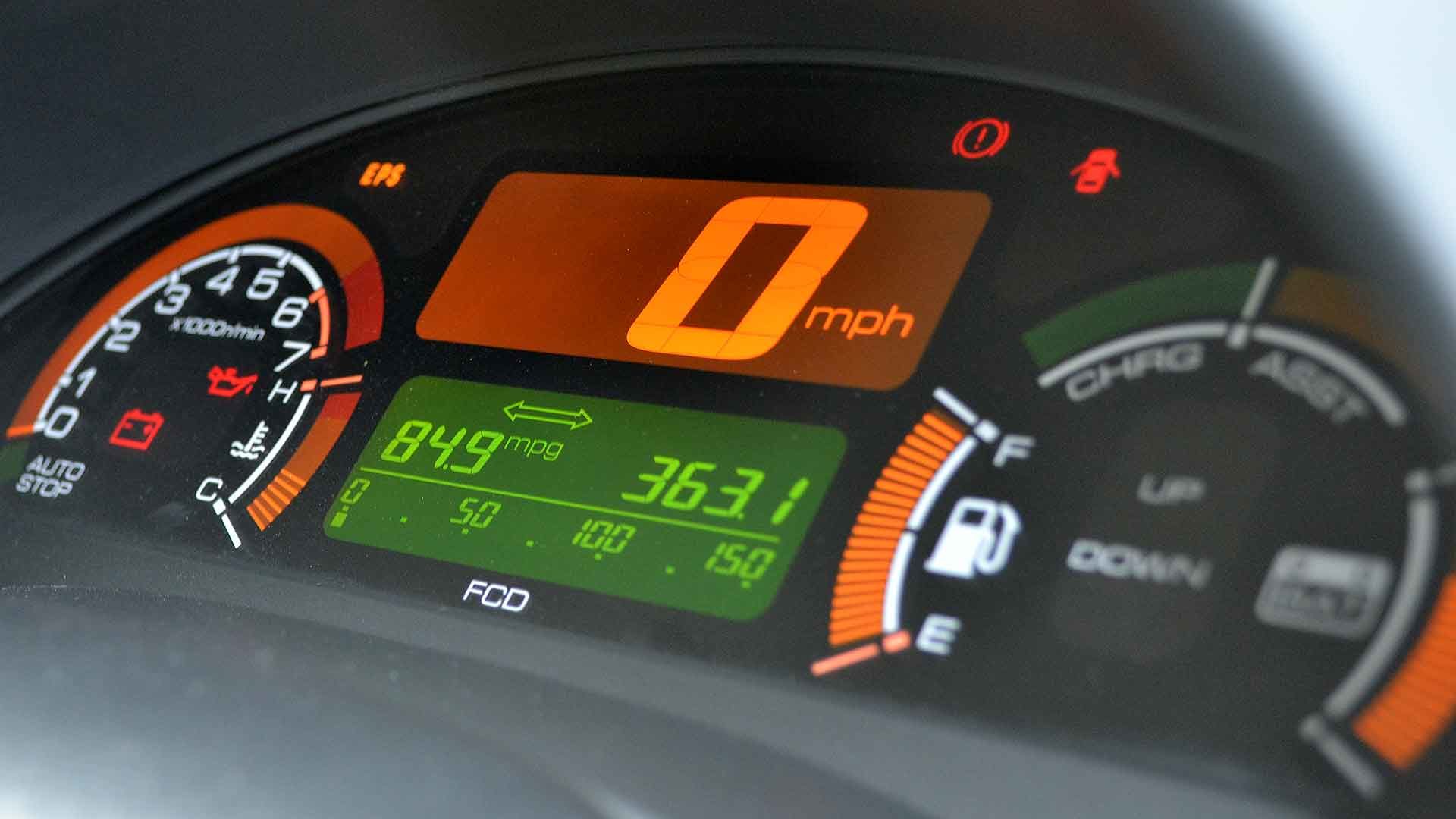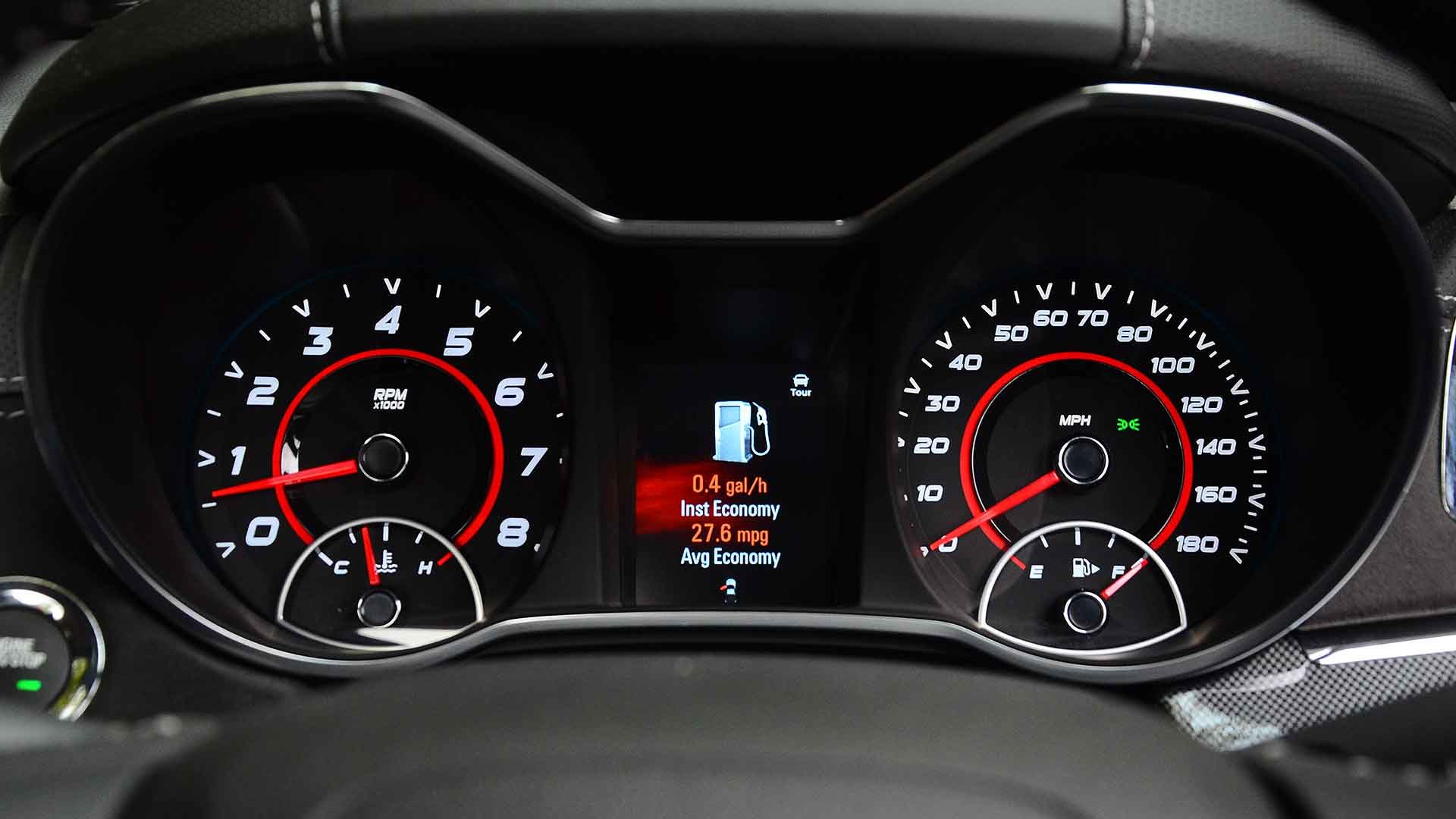
Every new car sold in Europe from January 2021 must be fitted with an onboard fuel consumption monitoring device (or FCM) under new EU regulations.
The move is the latest measure in toughening up how car manufacturers measure and report fuel economy and emissions.
The mpg monitoring devices will initially be tested over a five-year period. However, both the European Parliament and European Council have voted to make the devices law by 2030 at the latest.
The idea behind the onboard fuel economy recorders is to minimise the discrepancy between real-world fuel consumption and car manufacturers’ quoted figures.
The aim is to highlight vehicles that record a high discrepancy so authorities can investigate if necessary. However, it has not yet been decided how the data will be transferred from vehicles.
Experts have suggested four ways of doing this:
- During periodic inspections, such as routine servicing
- Random spot checks by authorities
- Via managed fleets such as company cars and rental vehicles
- Automatic ‘over the air’ updates
Although all newly-launched vehicles during 2020 have been recording fuel consumption data, there is currently no defined standard or requirement to transfer this data.
EU officials add that any data transfer will be fully anonymised so motorists cannot be identified.
Indeed, it is not even clear whether individual makes and models of cars will be logged – although experts hope this will be the case, as it will make it easier to monitor the real-world fuel consumption of individual brands.

The new standard, called Euro 6d ISC-FCM (that’s ‘in-service conformity, fuel consumption monitoring’), will help legislators monitor the electrical consumption of EVs.
What’s more, it will also allow the real-world performance of plug-in hybrids (PHEVs) to be assessed.
This is in response to criticism that although PHEV vehicles have exceptional ‘official’ fuel economy, their real-world performance is much less impressive, as users regularly drive them with the batteries discharged.
Fuel consumption monitoring devices will allow regulators to see the true picture of how often motorists charge up PHEVs in day-to-day use.
ALSO READ
Should plug-in hybrids be banned from motorway car chargers?
Volvo calls plug-in hybrids ‘part-time electric cars’
Plug-in Car Grant: electric cars the government pays you to buy